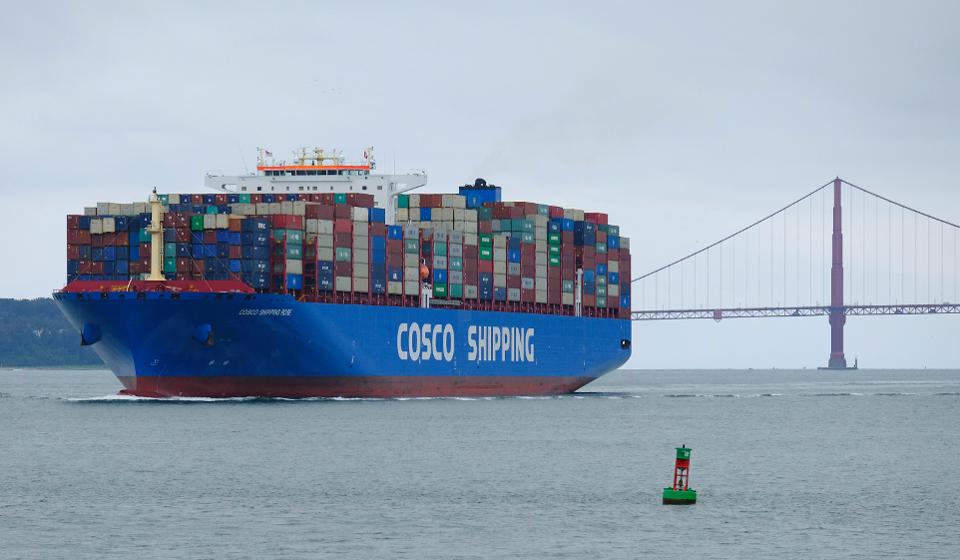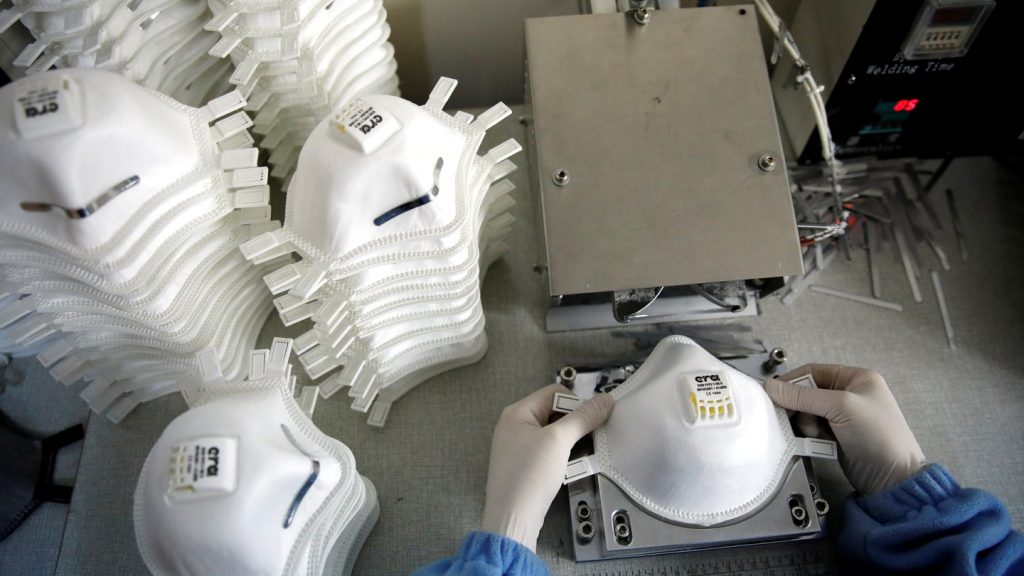The COVID-19 pandemic has spread to almost every nation impacting the trade of resources and commodities. Supply chains and distribution channels have been damaged or forced to change because of the virus. There have been shortages of goods including food, protective equipment, and toilet paper due to supply issues. The world has been faced with the effects of a globalized economy in which manufacturing has been exported to regions afar. Vital supplies for a pandemic such as masks and gloves are only produced in certain regions of the globe, making the response to such diseases more challenging. A globalized trade system directly increases environmental issues related to the production of greenhouse gases from transportation. Lessons must be learned from this pandemic in order to attempt to fix the structural trade problems that threaten our environment and national security.
Lessons from the International Food Supply
The international markets for food have shut down due to the pandemic. Many nations have closed their borders causing ports to shut down and the global food trade to stop. According to an article from The American Prospect titled “Coronavirus has Broken America’s Food Supply”, most of the world’s rice supply is shipped through the Philippines, but due to closed borders most of this food has wasted away at ports. This underlines issues with a globalized food supply system. The Shiva article contributed additional environmental impacts of a globalized food supply. The movement of food around the world is a large contributor of carbon dioxide pollution. As globalization has increased there has been a transition towards using international channels to provide food. This can be exemplified in “A study in Canada has calculated that in 2003 food in Toronto traveled an average of 3,333 miles. In the UK the distance traveled by food increased 50 percent between 1978 and 1999” (Shiva, 99)”. This research shows that due to globalization food supplies have shifted to international channels. This pattern of globalized trade occurred in a large number of industries contributing to large amount of pollution.

Supply of Protective Equipment and Medicine
The supply of goods such as military equipment and arms is stable due to national security concerns of the United States. These materials are viewed as too important to be exported to other countries for production. Items such as protective equipment and medical supplies should also be viewed in a similar way. When a pandemic strikes medical items become vital for national security. The United States must change their current supply channels for many goods after the COVID-19 pandemic. The United States was unable to get many of the supplies needed to battle the pandemic due to many suppliers being located overseas. The United States should not have to rely on China or other nations for vital supplies that would save Americans during times of crisis. This change would allow for growth in domestic manufacturing but would not happen without government intervention due to firms’ profit motives. Furthermore, domestic manufacturing of vital materials would cut down on the pollution from transportation across oceans.

Environmental impacts of Globalization
There are large environmental impacts associated with resources and supplies sourced across the world including the pollution of Carbon Dioxide. One issue not addressed in the Shiva article are the problems with an international trade system if nations close their borders. A global shutdown resulting from the pandemic have caused mass distributional issues with the food supply. This evidence supports claims within the Shiva article that the use of an international food supply system must be evaluated on more elements than total profits. The COVID-19 pandemic will lead to large inefficiencies in the domestic and global distribution systems. The domestic manufacturing of supplies will lead them to be more readily available and have lower environmental impact. Lasting changes to globalized supply chains could decrease the greenhouse gas emissions contributing to climate change.
Hope for Supply Chains Post COVID-19
The lessons on the weakness of a globalized supply chain must be realized in the times of pandemic and crisis. It cannot be assumed that vital supplies will always be readily available if they are made great distance from their desired destination. The Institute for Supply Management found that when asked at the beginning of March, 75% of companies across industries had disruptions in their supply chains due to COVID-19 (O’Leary, 2020). The United States must take action to ensure that vital supplies will be available to Americans in times of crisis. The benefits of low-priced goods coming from nations with worse labor and environmental regulations is not worth the price of human lives.
The world can use this period of uncertainty and challenge to improve supply chain efficiency regarding the environment. Large amounts of carbon dioxide are emitted into the atmosphere speeding the rate the Earth’s warmings from globalized supply chains. The impacts of these emissions further call into question if increased emissions are worth the benefits of globalization. COVID-19 could mark the start towards a transition to a cleaner environment if the lessons from the disaster are used when rebuilding the world economy.
Devin McManus is a senior Economics and Political Science double major with a minor in Environmental Studies at SUNY Geneseo.
O’Leary, Lizzie. “The Modern Supply Chain Is Snapping.” The Atlantic, Atlantic Media Company, 19 Mar. 2020, www.theatlantic.com/ideas/archive/2020/03/supply-chains-and-coronavirus/608329/.
Rapoza, Kenneth. “The Post-Coronavirus World May Be The End Of Globalization.” Forbes, Forbes Magazine, 4 Apr. 2020, www.forbes.com/sites/kenrapoza/2020/04/03/the-post-coronavirus-world-may-be-the-end-of-globalization/#cb5fb3a7e665.
Sammon, Alexander. “Coronavirus Has Broken America’s Food Supply.” The American Prospect, 13 Apr. 2020, prospect.org/coronavirus/supply-chain-broken-american-food-supply/.
Shiva, Vandana. Soil Not Oil. North Atlantic Books. 2015, https://www.google.com/books/edition/_/cBzXCwAAQBAJ?hl=en
